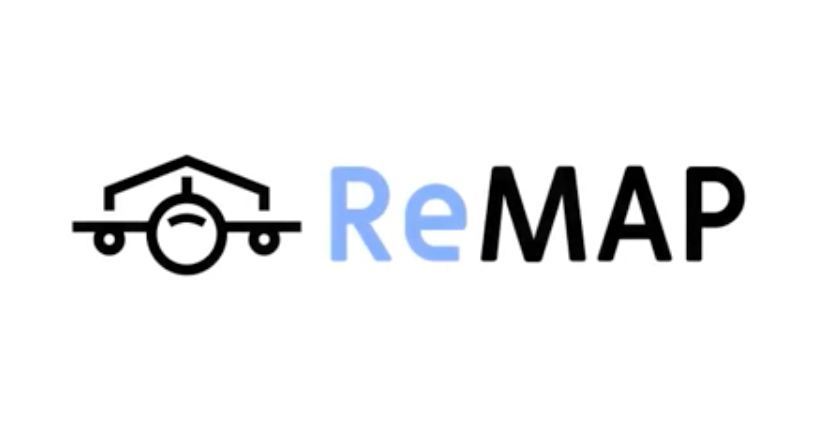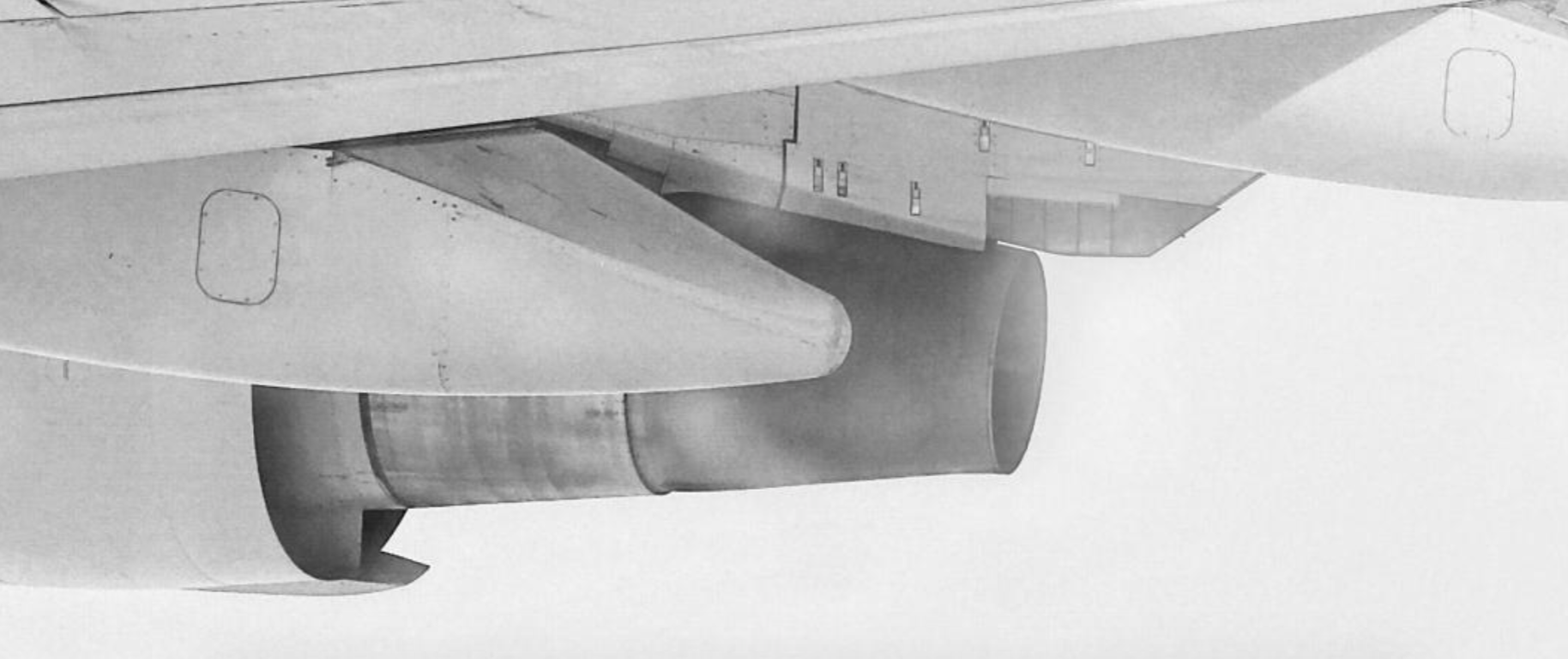ReMAP
Real-time Condition-based Maintenance for Adaptative Aircraft Maintenance Planning
Challenge
Currently, most maintenance in aviation is preventive, meaning that many systems and components are inspected while they are still in good health. Airplane maintenance is pre-scheduled according to fixed intervals, which are determined by flight hours, flight cycles or calendar days, whichever comes first. This method leads to over maintenance, due to the fact that the parts replaced may still be in good condition and haven’t still achieved the end of its useful live.
In the last decades modern airplanes developed into complex systems which generate terabytes of data per day.
This data could be used in a far more efficient way and provide a reliable estimate of the remaining useful lifetime of airplane parts. This reduces the need for manual inspections, and allows adaptive maintenance intervals, or Condition Based Maintenance (CBM) maintenance.
Solution
ReMAP is a European project aimed at contributing to the reinforcement of the European leadership in aeronautics by developing an open-source solution for aircraft maintenance, the Integrated Fleet Health Management (IFHM) system.
ReMAP addresses the adoption of Condition Based Maintenance in the context of aircraft maintenance, with two perspectives: the development and test of the IFHM solution in a pilot installation, and the promotion of a “common roadmap for the adoption of CBM”. In order to maximize the impact of ReMAP we are involving a broad set of stakeholders from project inception. The participation of stakeholders external to the project ensures that ReMAP is addressing the relevant issues and covering a broad set of industry needs and concerns.
By replacing fixed-interval inspections with adaptive condition-based interventions, ReMAP will have an estimated benefit to the European aviation of more than 700 million Euros per year. This is due to a direct decrease in maintenance costs, reduced unscheduled aircraft maintenance events, and increased aircraft availability.
Objectives, Activities and Results expected / achieved
Achieved Objectives:
• Cloud IT platform;
• Integrated sensing solution for SHM;
• Diagnostics & prognostics models for structures;
• Diagnostics & prognostics models for systems;
• Adaptive maintenance management decision support tool;
• White paper on future CBM regulations and industrial processes;
• Strategic action plan for future CBM adoption.

Project Reference
Grant Agreement No 769288Funding

Intervention Region
Netherlands, Spain, France, Portugal, Switzerland, Ireland andGreeceTotal Investment
6.806.742,50IPN Investment
439.000,00Total Eligible
6.806.742,50IPN Eligible
439.000,00EC Funding – Total
6.806.742,50EC Funding – IPN
439.000,00Duration
51 MonthsStart Date
2018-06-01End Date
2022-08-31Approval Date
2018-04-23Consortium
Technische Universiteit Delft – TUDATOS Spain S.A. - ATOS
CEDRAT Technologies - CTEC
Ecole Nationale Supérieure d’Arts et Métiers - ENSAM
Embraer Portugal S.A. - EMB
Instituto Pedro Nunes - IPN
Koninklijke Luchtvaart Maatschappij N.V. - KLM
Office National D'Etudes et de Recherches Aerospatiales - ONERA
Optimal Structural Solutions - OPT
Smartec – STEC
United Technologies Research Centre Ireland - UTRCI
University of Coimbra - UC
University of Patras - UPAT
Partners
Airbus SASEmpresa Brasileira de Aeronáutica (Brazil)
European Aviation Safety Agency
Prof. Fu-Kuo Chang (Stanford University, US)
Goodrich Actuation Systems SAS, UTC Aerospace Systems (France)
Royal Dutch Air Force (The Netherlands)
Thales Avionics
Website
https://h2020-remap.euKeywords
Condition-based maintenance;Aircraft maintenance;
Diagnostic and prognostic algorithms;
Artificial intelligence.





